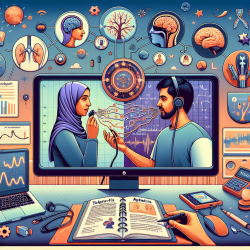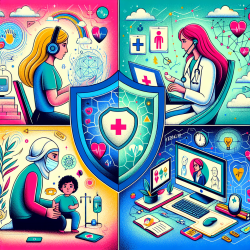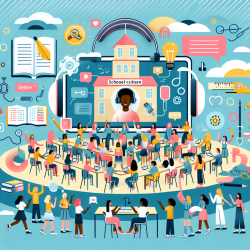The role of armed actors in humanitarian and public health crises is a complex and often controversial topic. A recent study titled "Armed actor interventions in humanitarian and public health crises: examining perspectives of crisis-affected community members" sheds light on this issue by exploring the diverse perspectives of those most affected by such interventions. This blog post will delve into the key findings of the study and discuss how practitioners can leverage these insights to improve their skills and encourage further research.
Diverse Perspectives on Armed Actors
The study conducted interviews across three countries—Democratic Republic of the Congo (DRC), Jordan, and the Philippines—each facing unique crisis contexts such as Ebola outbreaks, refugee crises, volcanic eruptions, and COVID-19. The research revealed that community members' perceptions of armed actors varied significantly based on the roles these actors played during crises.
- Security Roles: In many cases, armed actors were seen as protectors providing security and aid. For instance, in Jordan's Rukban camp, community members expressed gratitude towards the Jordanian Armed Forces for ensuring safety and providing medical assistance.
- Enforcement Roles: Conversely, enforcement roles often led to suspicion and fear. In the Philippines during COVID-19 lockdowns, armed checkpoints were perceived as opportunities for coercion rather than protection.
- Supportive Roles: Interestingly, non-state armed groups (NSAGs) were sometimes viewed positively when they supported public health efforts. In DRC, some NSAGs actively participated in raising awareness about Ebola and protecting response teams from other hostile groups.
The Importance of Contextual Understanding
The study highlights the importance of understanding the specific context in which armed actors operate. Practitioners should be aware that community perceptions are heavily influenced by the function performed by these actors rather than their mere presence. This underscores the need for tailored approaches that consider local dynamics and community needs.
Gender Dynamics in Crisis Contexts
A critical finding from the study is the role of gender in shaping perceptions of armed actors. In some contexts, such as Jordan's refugee camps, women felt protected by military presence due to perceived risks from other displaced persons. However, in other situations like the Philippines' lockdowns, women experienced harassment at military checkpoints. Practitioners must consider gender dynamics when planning interventions to ensure they do not inadvertently exacerbate vulnerabilities.
Encouraging Further Research
This study provides valuable insights but also highlights gaps in existing literature regarding community perspectives on armed actor interventions. Practitioners are encouraged to engage in further research to deepen understanding and refine strategies that effectively address community concerns while maintaining humanitarian principles.
This research underscores the complexity of armed actor interventions in crisis settings. By understanding diverse community perspectives and considering contextual factors such as gender dynamics, practitioners can enhance their skills and contribute to more effective humanitarian responses.










